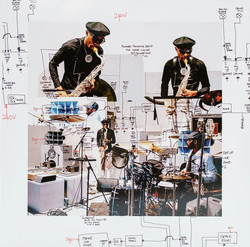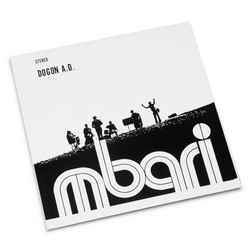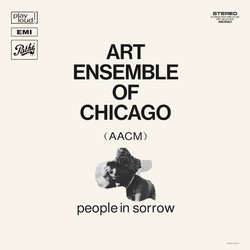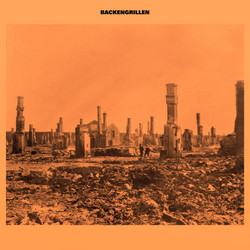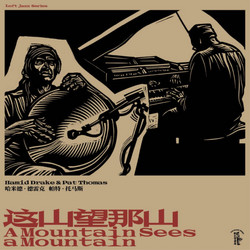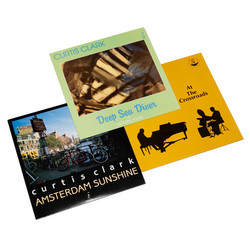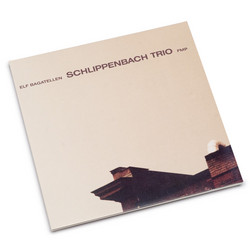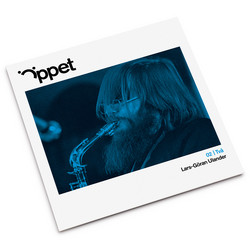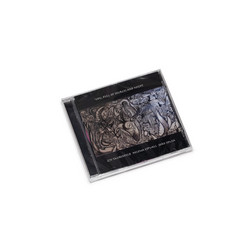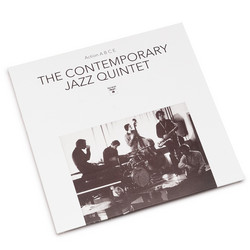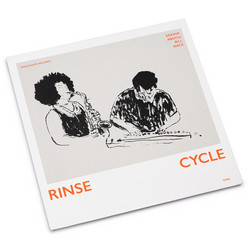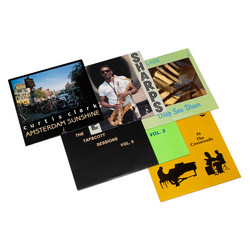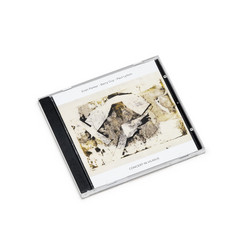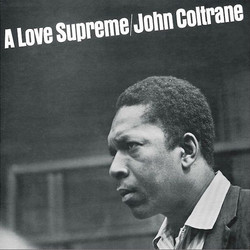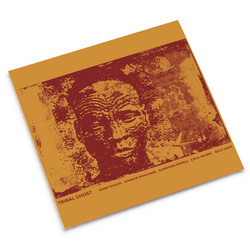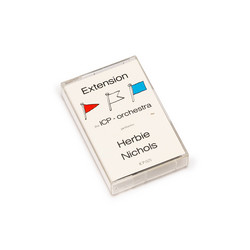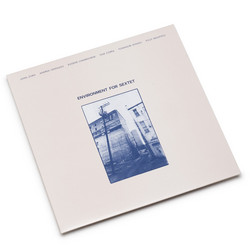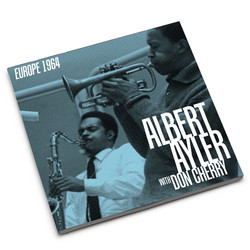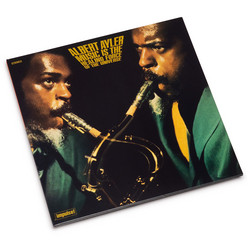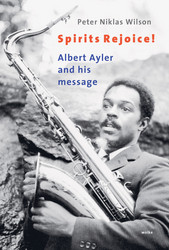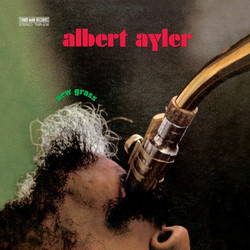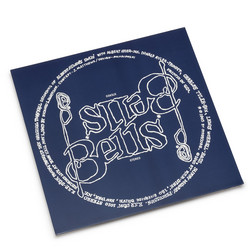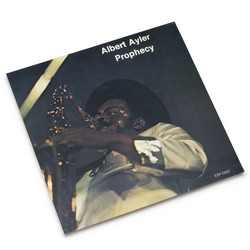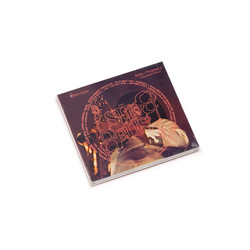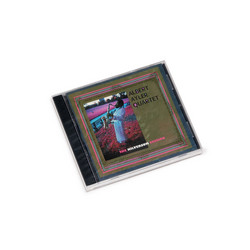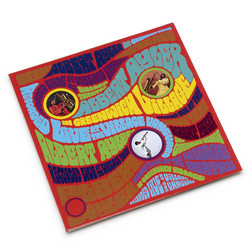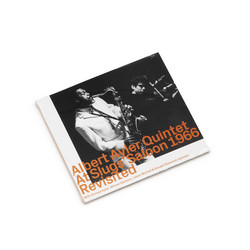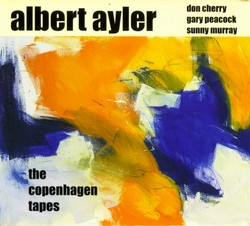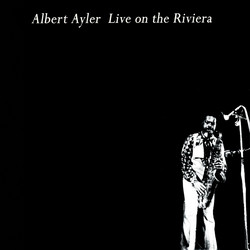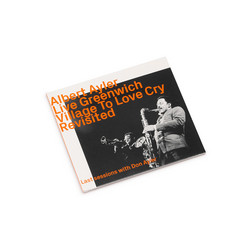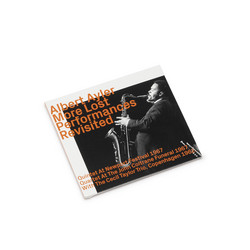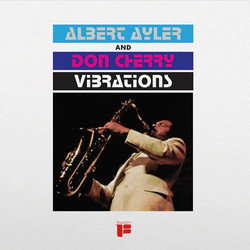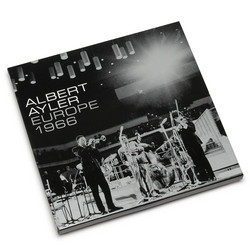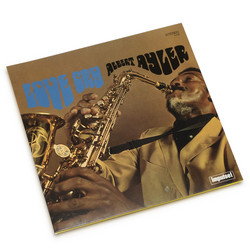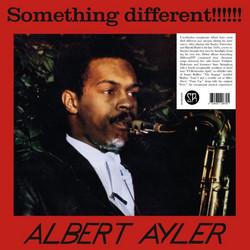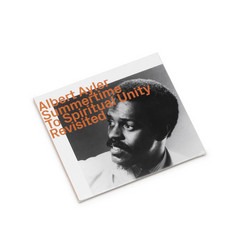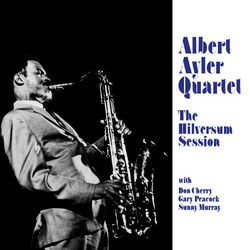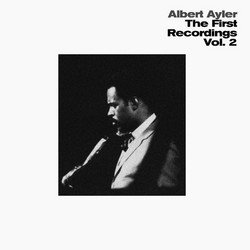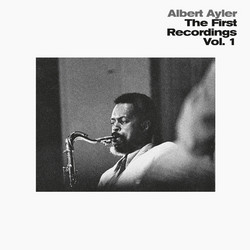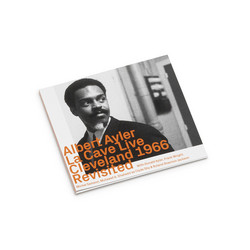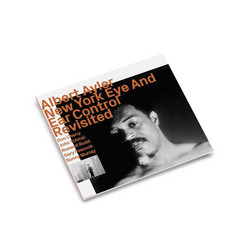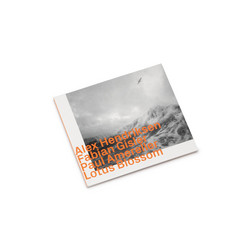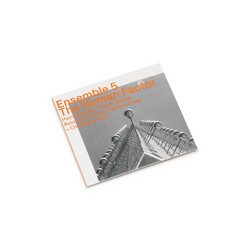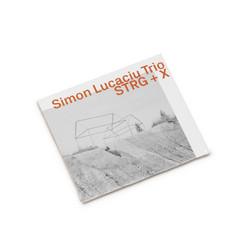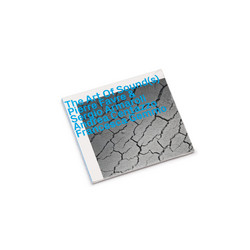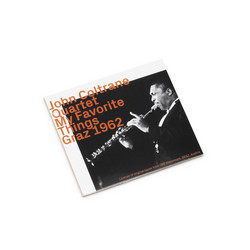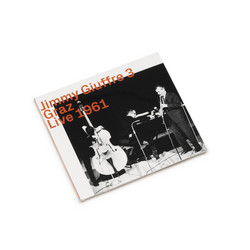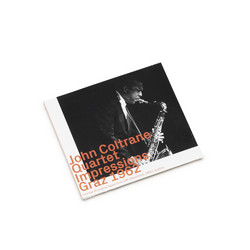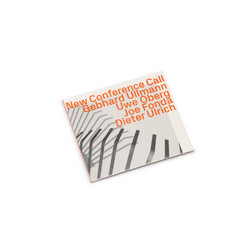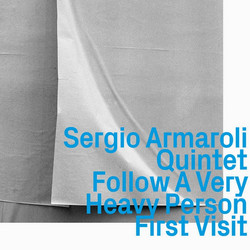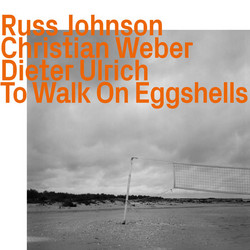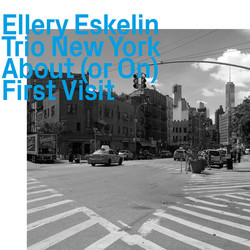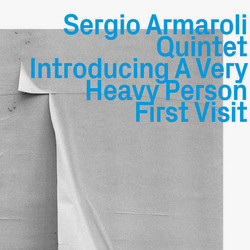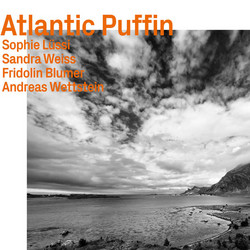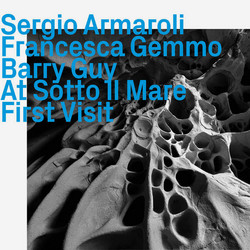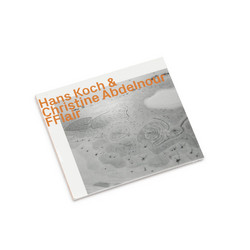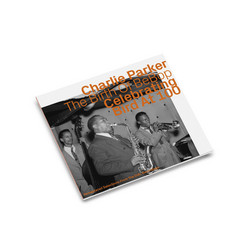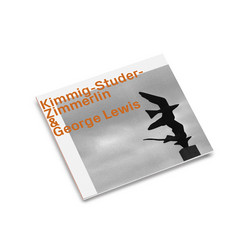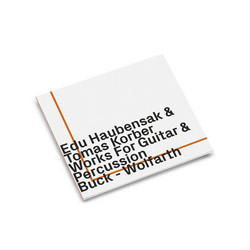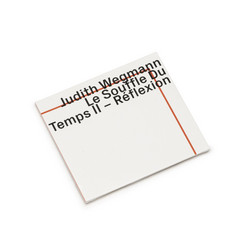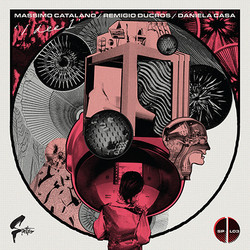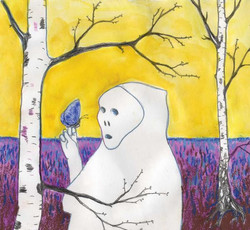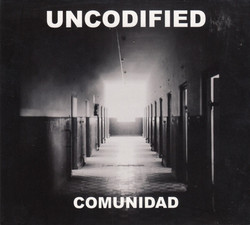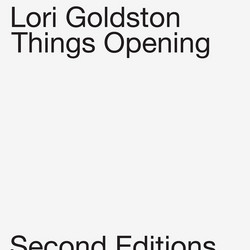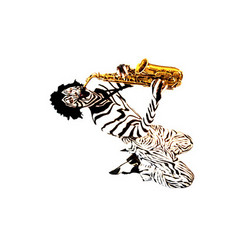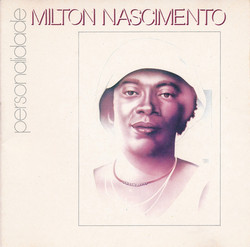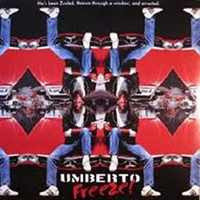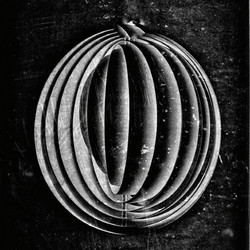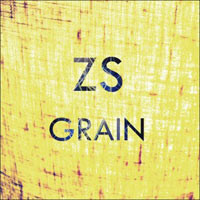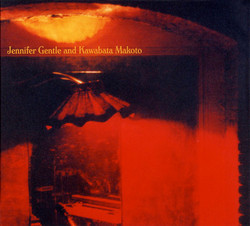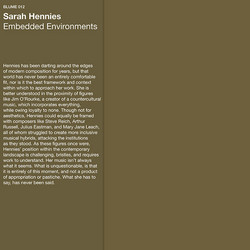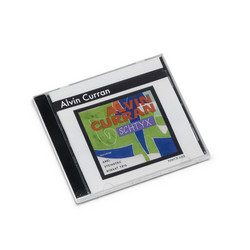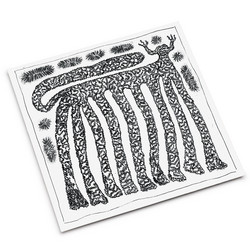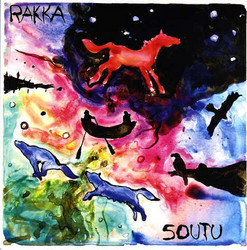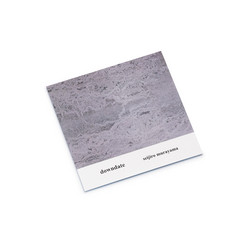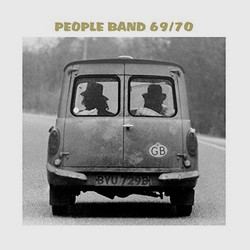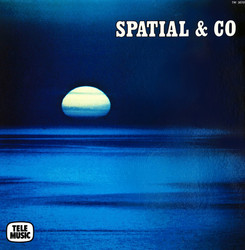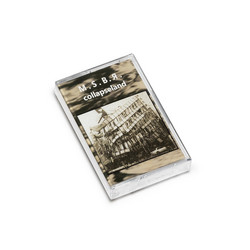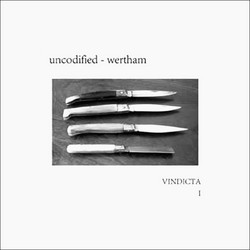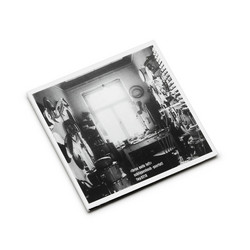"Albert Ayler's troubled life and relatively brief recording career, from 1962's Something Different!!!!! to the live recordings from the Nuits de la Fondation Maeght in 1970, are well known to his admirers. Not surprisingly, especially given the continued growth of his stature and influence after his death in late 1970, recordings of his music were not often treated with the respect he or his family deserved. This set seeks to clarify the situation with regard to a very important live date that occurred at the Cellar Cafe, New York City, on June 14th 1964.
The music from this session first saw the light of day on the ESP-Disk release, Prophecy, issued in 1975, five years after Ayler's death. The label had long possessed a reputation for unscrupulous dealings with its musicians and had, according to Sunny Murray, who played on the date, released the album without authorization from the Ayler estate. Murray also had tapes of the concert which he claimed both to consist of better sound and to have been recorded at the proper speed. He arranged a release of the material, which includes additional tracks and alternative takes, on the two-disc set "Albert Smiles with Sunny" (inRespect). Via an agreement with Ayler's daughter, Desiree Ayler-Fellows, we can now hear the remastered concert recording on one CD, with one alternative take less, and judge for ourselves.
June of 1964 found Ayler on the verge of what was arguably the most productive phase of his journey, molding the motifs that would make up a substantial portion of his repertoire, pushing and pulling them, taffy-like, seeing how far he could possibly stretch the music while retaining its essential, spiritual core. The theme on "Prophecy" gets attenuated to a point where it almost dissolves, is abruptly pulled back with deep staccato blasts, allowed to waft outwards once more. Back and forth, kneaded and pounded, constantly reconsidered. Murray and Peacock gamely seek to maintain pace and the latter, on this track, largely succeeds with a probing solo, quietly investigating and prodding the outer boundaries of the melody. Ayler chose to approach the same themes over and over, wresting new meaning and plumbing ever deeper on psychological level. "Spirits" was one such motif, its ethereal but semimarching melody floating in the air, brought back to ground by Ayler's guttural barks and serpentine lines. The "possession" aspect is fully to the fore here, Ayler venturing into the glossolaliac, supplemented by an odd moaning, presumably from Ayler himself or one of the other musicians, that adds an even more otherworldly tinge. While Ayler would return again and again to a limited number of melodic frameworks, always attempting to elaborate and amplify what he felt was the spiritual essence of their message, the addition of trumpeter Don Cherry within a month of this date would substantially solidify the sound of the ensemble, providing a brilliant, piquant, pointillist attack that could offset Ayler's more broad-brush approach.
"Wizard", a tune that strikes this listener as having made a huge impact on many fine musicians for whom Ayler is foundational, again begins with a striking theme only to quickly launch into free-form improvising that refers to it only tangentially, including fierce growls and disappearing vortices. By this point, in mid-1964, Ayler seems to have reached a stage where the heads were to be quickly dispensed with, considered the mere shells that covered the far more intriguing and complex substance beneath. One tends to focus on the saxophonist, especially on the original ESP-derived release, but the second issue brings both Murray and Peacock more strongly into the mix, the former's scattered, unusually even-handed, laminar drumming providing a rippling and perfectly apposite bed for Ayler while Peacock's intensely investigative and quizzical solos perhaps evince a kind of rational foil to the leader's spiritual ruminations. Herein, we have the pleasure of experiencing several versions of his classic, "Ghosts", one of his most poignant themes, once again charted and cast off in search of deeper excavations.
All of this and more refracted via two recordings, two productions, two angles, now available for side-to-side comparisons, or simply to reexperience the unique wonder and mind of Albert Ayler, gone almost fifty years. "- Brian Olewnick


